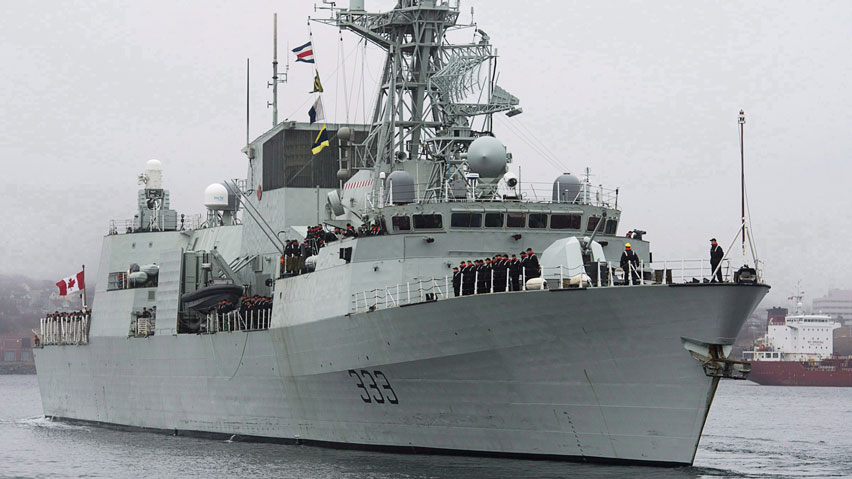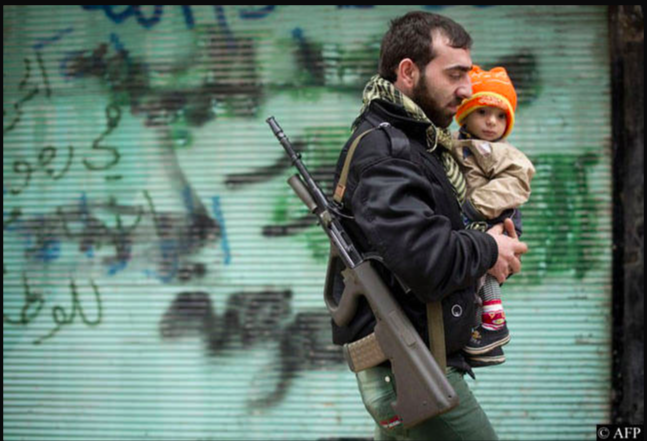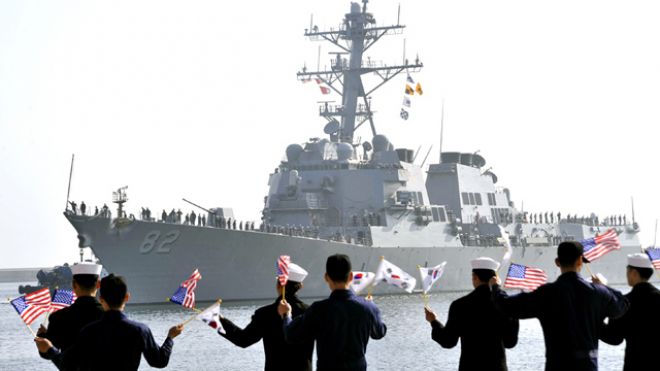According to the Wall Street Journal, the United States has intercepted an order from Iran, addressed to militants in Iraq, with the instruction to attack the U.S. Embassy and other American interests in Baghdad, should a U.S.-led strike take place on Syria.
U.S. military officials predict a range of possible responses from Syria, Iran, and/or Hezbollah, in addition to the reported imminent attack mentioned above. These include, among others, a possible strike on American warships in the Persian Gulf, Red Sea, or Eastern Mediterranean, as well as attacks on American Embassies and interests throughout the rest of the Middle East and Maghreb.
While the approval of a U.S.-led strike on Syria is still tangled up in the web of democratic debate, Canada must prepare to decide quickly the role we will play: active participant, or distant supporter.
As it currently stands, reports indicate that Canada will not be offering to the U.S. any military support for a potential U.S.-led strike on Syria. According to Foreign Affairs Minister John Baird, speaking at the G-20 meeting in St. Petersburg, Canada will only be offering the U.S. political and moral support for a strike on the Syrian regime. It is important to note, however, that Canada has not yet been asked to help militarily.
There is, however, an elephant in the room which must be considered when evaluating the possibility of Canadian involvement in a U.S.-led strike against Syria. Prime Minister Harper’s support for Israel and opposition towards Iran are both well known, and given that Hezbollah has sided with the Assad regime, Syria might soon be viewed through the same lens which led Canada to close its embassy in Tehran, and Iran’s embassy in Ottawa – note that Canada closed its embassy in Damascus in March 2012.
Should Mr. Baird and Mr. Harper change their tone and provide tangible support for a U.S.-led strike against Syria, what Canadian assets and, more importantly, lives would be at risk?
Aside from the Canadian embassies in Tel Aviv, Amman, and Beirut, and the Representative Office in Ramallah, there are over 300 members of the Canadian Armed Forces serving in the region. This includes:
-
250 personnel aboard the HMCS Toronto in the Arabian Sea;
-
3 personnel participating in the United Nations Disengagement and Observer Force (UNDOF) on the border between Israel and Syria;
-
28 personnel participating in the Multinational Force and Observers (MFO) in the Sinai Peninsula of Egypt; and,
-
20 personnel in Jerusalem, working with the Office of the U.S. Security Coordinator to build security capacity in the Palestinian Authority.

The Conservative government wholeheartedly believes that the Syrian regime must be held accountable for its alleged use of chemical weapons, and will continue to show support for Obama’s quest for strike authorization. It remains to be seen, however, if this rhetoric will escalate into tangible support and, if so, what the repercussions may be. The decision to support or participate in a U.S.-led strike against Syria must, therefore, be carefully considered, as there are a number of Canadian interests and lives within range of a retaliatory attack.



